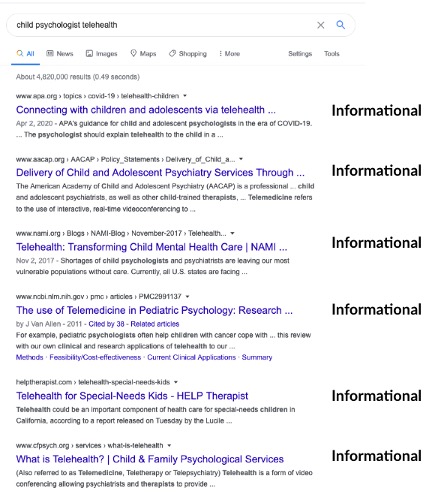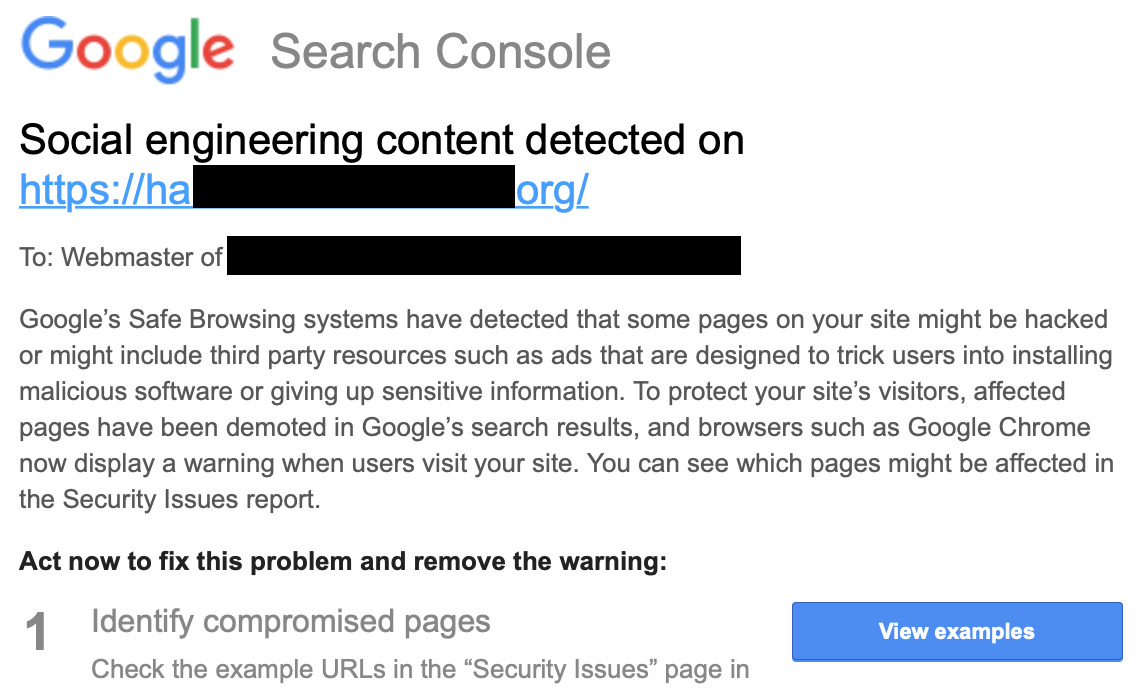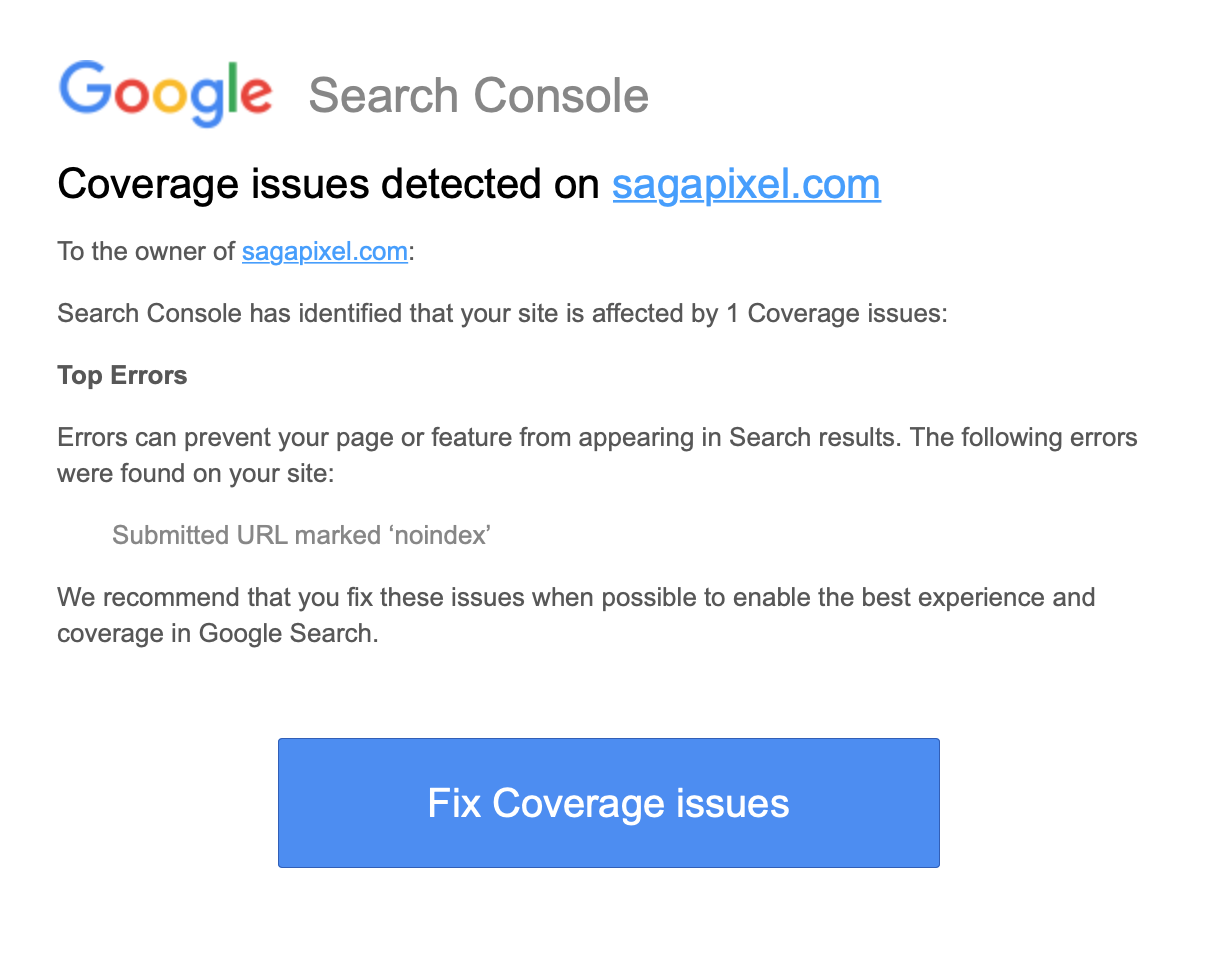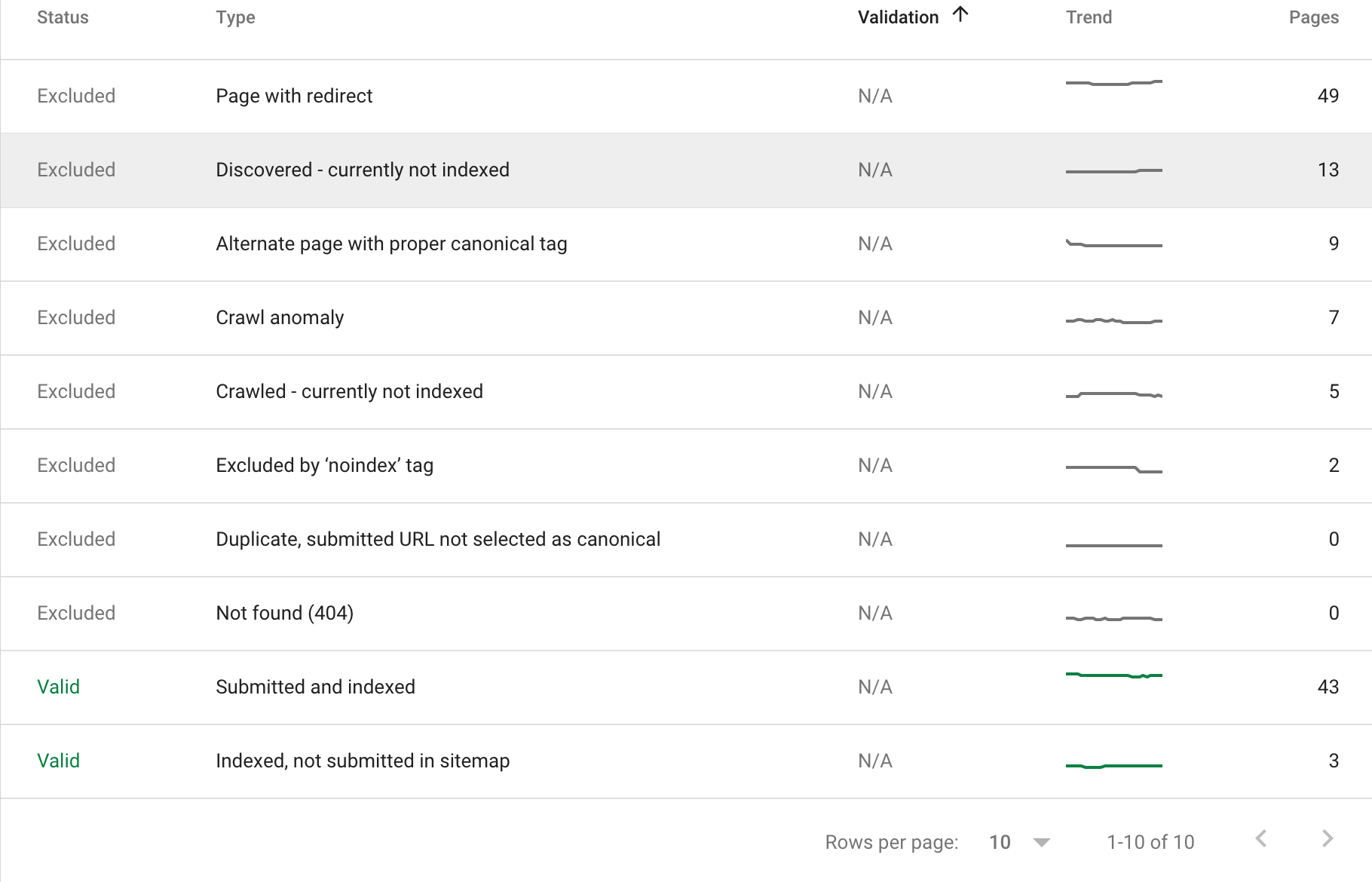Forbes estimated that by 2020, the SEO industry would grow to $80 billion dollars. That is a large amount of money spent on services that so many businesses simply do not understand.
Many of our clients describe approaching an SEO company with the same feeling they approach a mechanic—they know they need the service, but they don’t entirely understand how it’s being delivered, and they have a sinking suspicion that they might get ripped off.
This is entirely unnecessary.
This article is going to explain what SEO is, what a good SEO companies do, and what questions you should be asking of an SEO company before getting started with them.
First, What Is SEO?
Contrary to what most businesses believe, search engine optimization (SEO) is not necessarily the practice of “making you #1 on Google.”
SEO is the practice of increasing the visibility of a website or business on search engines.
This could include a goal for making your website the top result for the service you provide, but that is a somewhat shortsighted view of what SEO can do. Good SEO earns visibility for your brand throughout the buyer’s journey, not just at the end when they are ready to make a purchase.
By getting in front of clients early in the buying process, your company can benefit in a number of ways:
- Presenting your product or service as the solution to a problem the searcher has, a solution that the searcher may not have known existed or that they hadn’t considered.
- Creating awareness of your brand
- Putting a potential client in your sales funnel through retargeting
Great, what does an SEO company do to make this happen?
In essence, SEO services consist of a combination of activities that usually fall into these three categories:
- Ensuring your website is able to be optimally crawled and indexed by Google
- Maximizing the relevance of the content on the pages of your website to the searches your customers are performing
- Maximizing the authority and trustworthiness of your website by producing thorough, engaging content that fulfills the needs and interests of internet users and earns links
Let’s jump into each of these three categories so you can come away better prepared to understand what SEO companies actually do when you contract them for SEO services.
SEOs Ensure Your Website Can Be Optimally Crawled and Indexed
This is commonly referred to as technical SEO.
Most SEO services start off by performing a crawl of a website to identify and fix any issues that could be making it difficult for Google to crawl and index your website. This process can take anywhere from a few hours to a few months (depending on the size of your website) and can often result in almost instant increases in search rank.
If you’re interested in diving into more detail about what goes into a technical SEO audit, check out this article on technical SEO.
Once a technical audit is complete, your SEO company should set up and begin monitoring your Google Search Console (GSC). Of the many features of GSC, one of the most valuable is the reporting of any technical issues with your website.
From sending messages when Google has detected that your website has been hacked:
to letting you know when your website has coverage issues:
to letting you know of issues with getting page content indexed:
your SEO agency should be monitoring your GSC account for any potential issues that Google has with crawling or indexing your website, as well as running scheduled crawls of your site to detect any issues as they arise.
SEO Companies Optimize and Create Content to Maximize Relevance to User Searches
One of the areas of SEO that is often misunderstood is the role of keyword research and content.
Techniques for keyword research abound and I’m not going to get into any of them here, but they ultimately aim to identify the searches that internet users are performing that:
- Align with the goals of a target website
- The target web page has a chance to rank for
- There is an acceptable amount of monthly search volume (MSV) for
In other words, keyword research finds out what your website can rank for that will drive business.
In the case of businesses where the company refers to their service differently that their customers, keyword research could aim to identify how people search for their services. A recent example we had was a company that seals and repairs concrete. Their target customer is homeowners with cracked concrete patios, but keyword research uncovered that their customers search for “patio repair” in much larger numbers than “concrete repair contractors.”
Keyword research does not stop at looking at keywords—a good SEO company also pays close attention to the format of the top results on the search engine results page (SERP).
Google has changed quite a lot in recent years. As it leverages artificial intelligence more and more to tailor search results to what people want, the promise of “making you #1 on Google” is often a promise that can’t be kept.
Let’s say, for example, you’re a child psychologist that wants more telehealth patients. Let’s take a look at the search results for “child psychologist telehealth:”

Not one result is for a child psychologist that offers telemedicine. The first seven results are all informational pieces about telemedicine and child psychology.
Why is that?
Because Google’s AI has learned that is what people want when they perform this search.
This does not mean that a child psychologist has no opportunities for growing a telehealth practice through SEO; it means that targeting “child psychologist telehealth” is not an appropriate goal for an SEO campaign. Good keyword research will uncover the opportunities for this practice by finding the problems that parents are researching online and how they search for a psychologist to work with their child.
Keyword Research Informs a Content Strategy
The key takeaway is that keyword research helps inform a content strategy so that you know what content to produce for your website that will drive business. The most common mistake I see with bad SEO companies is that they don’t understand the role of content in SEO.
The idea that simply producing tons of blog articles will help your website to rank well is nonsense. As a matter of fact, one of the quickest wins we often have with new SEO clients is when we remove site content that gets no organic traffic, often resulting in increases in impressions and clicks.
Quality definitely trumps quantity when it comes to SEO; examples such as Brian Dean’s Backlinko, which gets traffic in the hundreds of thousands each month, proves this point. The website has roughly 30 articles on the entire website, yet it gets estimated traffic in the hundreds of thousands of visitors each month:
This is the case because this website is focused on writing extremely thorough content that targets high volume queries entered by its audience (people wanting to learn about SEO).
SEO Companies Work to Build Links to Your Website
One of the things that made Google so much better than other search engines was the way it used backlinks from websites as a proxy to determine the “authority” of that website. This part of the algorithm is called PageRank.
In other words, if the New York Times does an article on an architect in Nashville and links to her website, Google interprets this as a signal of the authoritativeness of this architect. Later, when someone performs a search for “architect in Nashville,” it is likely to rank this architect more highly in the search results, because let’s be honest, it takes a lot to get featured in a publication like that.
Your SEO company should be executing a strategy to acquire links to your website.
There are countless strategies for acquiring links—too many to go into in this article—but there are two things you should be aware of. First, most websites will benefit from link building. Second, link building done the wrong way can do more harm than good.
Some practices for building links are against Google’s webmaster guidelines; get caught violating them and there’s a good chance your website could incur a penalty and be completely removed from the search results. For this reason, it’s very important to know how your SEO company intends to go about building links to your website and how these practices are viewed by Google.
There are many practices that SEO companies call “white hat” techniques for link acquisition that are actually against Google Webmaster Guidelines, so investigate for yourself whether the practices they are proposing can potentially carry risk or not. Here is an article that outlines some of the more common risky link building tactics used by lower quality SEO companies.
What Questions Should You Ask an SEO Company Before Hiring Them?
1. How do you document your work?
At our company, we document every minute we work. Some SEO agencies don’t document anything at all. Most SEO companies are somewhere in the middle. Regardless of how your SEO vendor documents its work, just be sure that you have transparency and that you know exactly what is being done.
2. How do you go about link building?
Listen to what they have to say. If they mention “networks,” press releases, buying links, mass directory submissions, or web 2.0s, understand that these tactics carry inherent risk.
3. Are you going to be producing content for the website?
If they say anything like “Google ranks websites better when there’s fresh content,” move on. The goal of content is to get in front of potential customers as they research topics related to the services you provide or to produce assets that other websites would legitimately want to link to. Paying a company to write a bunch of random blog posts is a waste of resources if they don’t achieve one of these two goals
4. How will you report the progress made and what benchmarks will you use to measure progress?
This is a place where low quality SEO companies throw vanity metrics at their clients. Ranking for “roofing contractor in Miami” is definitely a goal, but there are probably 300 other variations on that search that you need to rank for as well. While you should keep an eye on your search rank for head terms such as this one, don’t get blinded by them. Pay attention to the trends in organic traffic to your website and the overall number of conversions coming from that traffic.
Find SEO Services That Fit You By Asking The Right Questions
Ultimately, if you hire 10 SEO companies, they’re likely to offer 10 different strategies for increasing your search visibility. There’s a good chance that several of them won’t know how to help you. Several of them will engage in SEO practices that are either too risky or too slow. A couple of them are probably well aligned with your company in terms of size, responsiveness, and risk/reward—these are the ones you want to find. If you follow the advice given in this article, you’ll have an easier time of identifying them.



